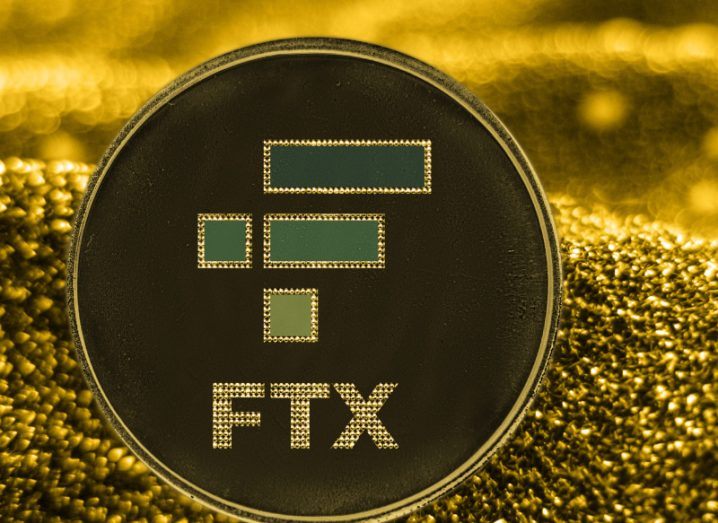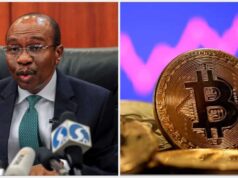
The collapsed cryptocurrency exchange FTX owes its 50 biggest creditors nearly $3.1bn (£2.6bn), according to a filing in a US bankruptcy court.
The exchange owes about $1.45bn to its top 10 creditors, it said in a court filing over the weekend, without naming them. The largest creditor is owed $226m.
The collapse of FTX rocked the cryptocurrency industry and reduced the paper fortune of its 30-year-old founder, Sam Bankman-Fried, from more than $15bn to almost nothing in a matter of days.
Sam Bankman-Fried’s penthouse – ‘the Orchid’, located in Albany, an exclusive private community in Nassau – was listed by real estate agent Seaside Bahamas at $39,500,000. The offering was first reported on Twitter by Autism Capital.
Polyamory, penthouses and plenty of loans: inside the crazy world of FTX
Read more
FTX and its affiliates filed for bankruptcy in Delaware on 11 November, leaving an estimated 1 million creditors, although the extent of the losses is not yet fully known because of alleged poor record-keeping. The company said on Saturday that at least 101 companies around the world were part of the bankruptcy proceedings.
The exchange was the second biggest in the world until concerns over its solvency sparked a surge in withdrawals, which exposed that it did not have assets notionally worth billions of dollars that it claimed.
The company, which has been taken over by bankruptcy experts, said on Saturday it had launched a strategic review of its global assets and was preparing for the sale or reorganisation of some businesses, with the investment bank Perella Weinberg Partners hired. A hearing on FTX’s first-day motions is set for Tuesday morning before a US bankruptcy judge, according to a separate court filing.
FTX on Sunday warned that cryptocurrency stolen in the final stages of its collapse was being transferred to other exchanges. The allegedly stolen cryptocurrency was worth $270m on Sunday, according to analysts tracking the transactions. FTX asked other exchanges to help to return the assets to the bankruptcy court.
FTX had gained the backing of prominent investors including venture capital firm Sequoia Capital, the world’s largest asset manager BlackRock, and a series of well-known hedge fund managers. It also paid for celebrity endorsements from the likes of the American football star Tom Brady and the comedian Larry David.
The company has appointed as its chief executive John Ray III, a restructuring expert who previously oversaw the bankruptcy of Enron, one of the most notorious and largest corporate frauds in US history. In a filing with the Delaware bankruptcy court, he wrote: “Never in my career have I seen such a complete failure of corporate controls and such a complete absence of trustworthy financial information as occurred here.”
Sign up to Business Today
Free daily newsletter
Get set for the working day – we’ll point you to the all the business news and analysis you need every morning
Privacy Notice: Newsletters may contain info about charities, online ads, and content funded by outside parties. For more information see our Privacy Policy. We use Google reCaptcha to protect our website and the Google Privacy Policy and Terms of Service apply.
Speaking on Monday, a deputy governor of the Bank of England said the implosion of FTX showed the need to bring crypto within the regulatory framework.
“While the crypto world … is not at present large enough or interconnected enough with mainstream finance to threaten the stability of the financial system, its links with mainstream finance have been developing rapidly,” Jon Cunliffe told a Warwick Business School event.
“We should not wait until it is large and connected to develop the regulatory frameworks necessary to prevent a crypto shock that could have a much greater destabilising impact,” he added.
… we have a small favour to ask. Millions are turning to the Guardian for open, independent, quality news every day, and readers in 180 countries around the world now support us financially.
We believe everyone deserves access to information that’s grounded in science and truth, and analysis rooted in authority and integrity. That’s why we made a different choice: to keep our reporting open for all readers, regardless of where they live or what they can afford to pay. This means more people can be better informed, united, and inspired to take meaningful action.
In these perilous times, a truth-seeking global news organisation like the Guardian is essential. We have no shareholders or billionaire owner, meaning our journalism is free from commercial and political influence – this makes us different. When it’s never been more important, our independence allows us to fearlessly investigate, challenge and expose those in power. Support the Guardian from as little as $1 – it only takes a minute. If you can, please consider supporting us with a regular amount each month. Thank you



















































